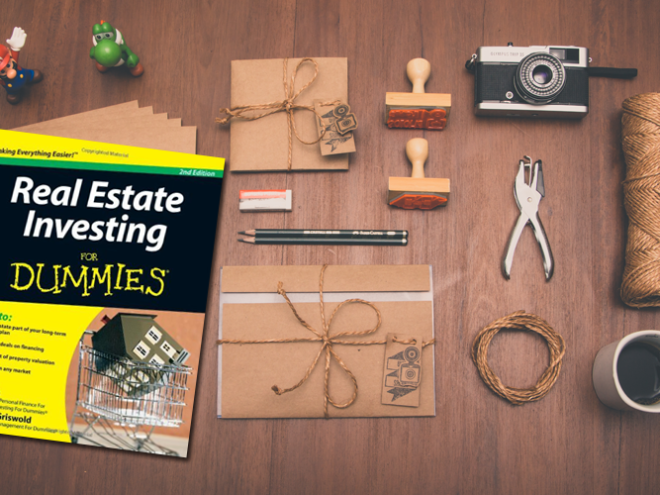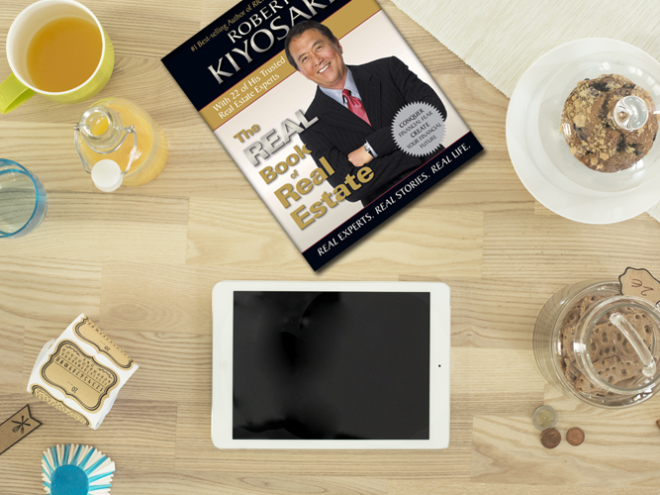
KEY THINGS TO KNOW BEFORE INVESTING IN PROPERTY
It’s true: some people find financial success in property investment without knowing a thing or two about it. But most investors know that the wisest way to enter the world of property investment is through education. That’s because getting educated about the ins and outs of property investment helps in making wise decisions.
So if you’re planning to invest in property, here are some of the key things you need to learn.
PROPERTY EVALUATION
Time and strategy. These are the two things you should focus on when you evaluate a property to invest upon. It may take time for you to find the right property that’s aligned to your investment goal. If you’re already an investor, it might take time for you to figure out whether or not the property you’re interested in fits your current portfolio.
And then there’s strategy. This refers to the ways at which you evaluate properties. You may opt to visit the property to see it for yourself, you may opt to research for specific markets first before locating a property, or you may refer to suburb performance data to help you identify where and which property to invest on.
In sum, property evaluation involves doing you own due diligence.

PROPERTY INVESTMENT STRATEGY
There are many ways at which you can profit from property. And when you’re just starting, it’s more important than ever to learn about these so that you can rightfully choose your investment strategy. Some investors opt to flip their investment. That is, buying a property, fixing it up, and then re-selling it for a higher value.
On the other hand, some investors opt to lease their investments. This technique requires understanding of how rental yields work, as well as knowledge about the rental property market. Other investors focus on their annual net income – the profit they’ll get – against the taxes they owe.
PROPERTY RISKS
Of course, there are risks in property investing. After all, its an investment venture you’re getting into. But that’s where the importance of getting educated comes in. For example, leveraging is a strategy that involves bank or non-bank financing, and it has associated risks.
When leveraging through bank financing, you can invest in a property with little to no money needed for a downpayment. All you need to have is equity on your existing property. From there, you can either get a line of credit or a mortgage set up against your existing property.
But always remember that regardless of the investment strategy you’ll use, risks are inevitable. So understand the risks associated with them first before taking action.

INVESTOR MORTGAGE
You’re familiar with mortage products being offered to consumers, but there’s such a thing as an investment property loan. This is for individuals who want to get a loan so they can purchase an investment property.
In most cases, banks require that you have genuine savings, an above average credit standing, a stable source of income, and in some, equity on other property that you own for you to qualify.
Now remember that fulfilling the requirements of the investment property loan is a part of the process of investing. What you need to take into consideration are the interest rate and the features of the loan.
Be careful when signing a deal for a zero down, balloon investment loan, or a adjustable rate loans. Shop around for lenders who provide reasonable interest and lending terms.
RENTAL VS SALES
Generally, there are two options for you as a property investor. One is to flip the property and two is to lease the property. If you flip the property, you’d want to consider whether you’d time the market or time on market. These are two strategies that investors commonly talk about, and we’ll discuss them in the future posts.
If you want to become landlord, then you’d think about keeping the property occupied, your availability to take care of tenant issues, your rental yield, and whether or not you’d hire a Property Manager to keep monitor your property investment.
As you can see, there are a lot of important things that you have to consider when you invest in property. But with property education, you can slowly find your way and make wise investment decisions.






